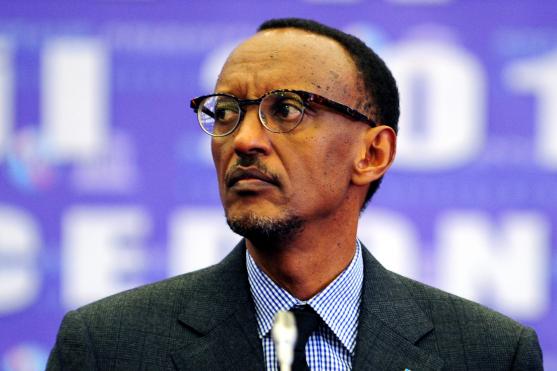Zimbabweans who left the country over the last decade to escape unemployment and world-record inflation are doing more than sustaining the Zimbabwean economy, according to a FinancialGazette report.
They’ve become an important class of investor and the government wants them to contribute more to the country’s development.
According to a WorldBank blog, 50 percent of all Zimbabwe’s professionals have emigrated since 2000, putting the country in the No. 10 position out of 157 countries for level of brain drain.
The Zimbabwe government is trying to come up with ways of harnessing this resource by incentivizing diasporans and having more control over where their remittances go.
CBZ Bank, the country’s largest bank by assets and deposits, plans to issue a US$200-million bond, backed by Afreximbank, this year. This will be its second diaspora bond. The bank issued its inaugural US$68-million diaspora bond in 2012. It expired in April 2014.
“I have in mind to fund some of the small hydro-electric schemes, issuance of diaspora bonds, and for diasporans to participate in their economy through some of the opportunities arising out of the indigenization policy programme,” Finance Minister Patrick Chinamasa recently told parliamentarians.
Zimbabwean President Robert Mugabe signed the Indigenization and Economic Empowerment Bill into law on March 9, 2008. It was designed to give Zimbabweans more economic power, according to TheEconomist. It also gave the government the right to take over and control foreign-owned companies in Zimbabwe.
Remittances bailed out the liquidity-starved Zimbabwe to the tune of $1.2 billion in the last 17 months — that’s more than a third of the country’s current $3.5-billion budget, according to FinancialGazette.
In all, international remittances sent to Zimbabwe since the beginning of 2014 — including money from international non-governmental organisations and remittances by individuals in the diaspora — increased by 13 percent, amounting to $2.5 billion total.
The amount may actually be much higher, FinancialGazette reports, given that some funds come into the country through informal channels, especially from Zimbabweans in neighboring Botswana, Mozambique, Namibia, South Africa, and Zambia, the report said.
By comparison, Zimbabwe’s mining industry — the single largest contributor to gross domestic product — earned about $1.9 billion in 2014, according to statistics from the Reserve Bank of Zimbabwe.
As Zimbabwe’s economy declined, an estimated 3 million-to-4 million people left looking for work. They went mainly to South Africa but also to other countries in Southern Africa, Europe, the Americas, Canada, Australia and Asia, according to the report.
Diaspora remittances help reduce poverty because they tend to flow directly to households and are used primarily for basic needs such as food, FinancialGazette reports.
Diaspora remittances play a key role in many countries, according to Chinamasa. “Many Zimbabwean professionals, artisans and other skilled persons who left the country, and may not come back soon, will want to invest and contribute to the country’s development process,” he said..
“Most countries in the world, including our regional neighbors, are benefiting immensely from financial transfers by their nationals in the diaspora.”
Chinamasa said the government is considering a number of ways to encourage diasporans to get involved in helping develop Zimbabwe.
“To harness the diaspora potential, government will among other things promote investments by the diaspora through tax and import duty incentives for qualifying investments in the manufacturing and other capital intensive industries,” he said.
When he presented the 2015 National Budget, Chinamasa, said the government recognized the “formidable role played by the diaspora in national development” and as such, highlighted the need to establish a National Diaspora Policy.
CBZ Bank, the country’s largest bank by assets and deposits, issued its inaugural US$68 million diaspora bond in 2012. It expired in April 2014.
The bank plans to issue a second US$200-million bond, backed by Afreximbank, this year.
According to Chinamasa, Afreximbank will provide a six-month, bridging finance gap of US$100 million towards the bond to provide funds for companies requiring urgent capital injection.
In the 1990s, China and India came up with three different business-oriented models to enlist diaspora contributions to development, FinancialGazette reports.
China’s “brain trust” model was designed to attract human capital in the diaspora by opening investment trade opportunities through its overseas Chinese communities.
India’s diaspora policy is multi-pronged, pursuing technology transfer, portfolio investment, direct investment, market opening and outsourcing opportunities.
However, some analysts said Zimbabwe isn’t like other countries where diaspora remittances have significantly contributed towards economic development. Most people working outside Zimbabwe have low-paying jobs.



